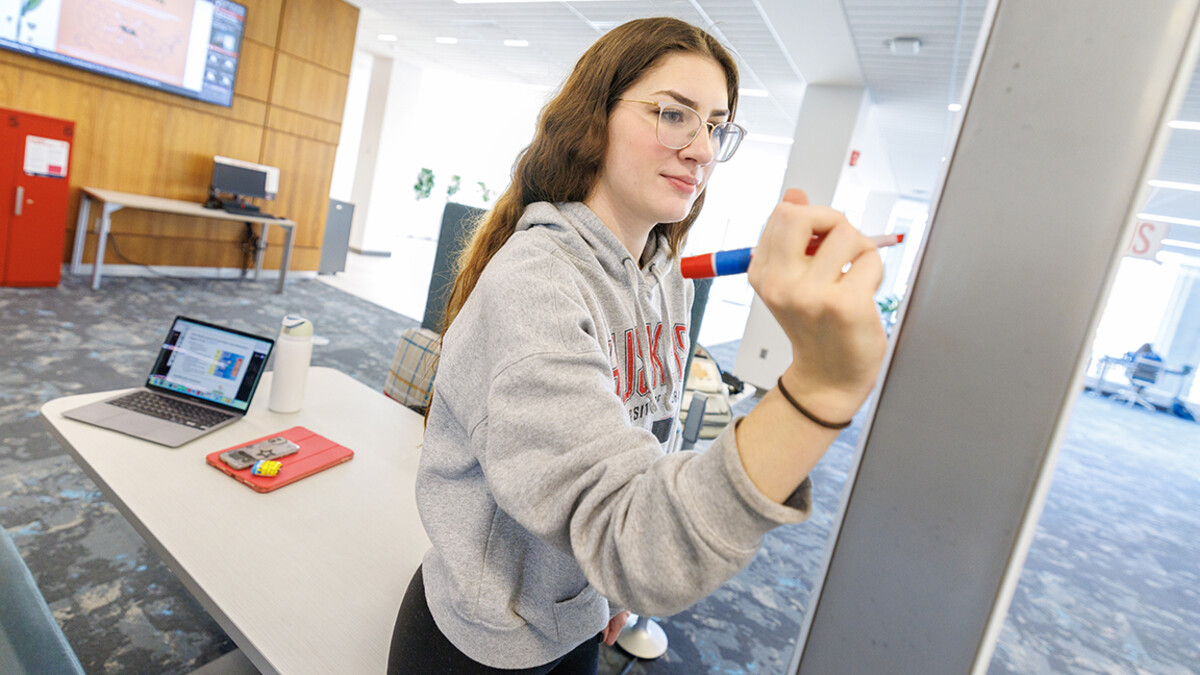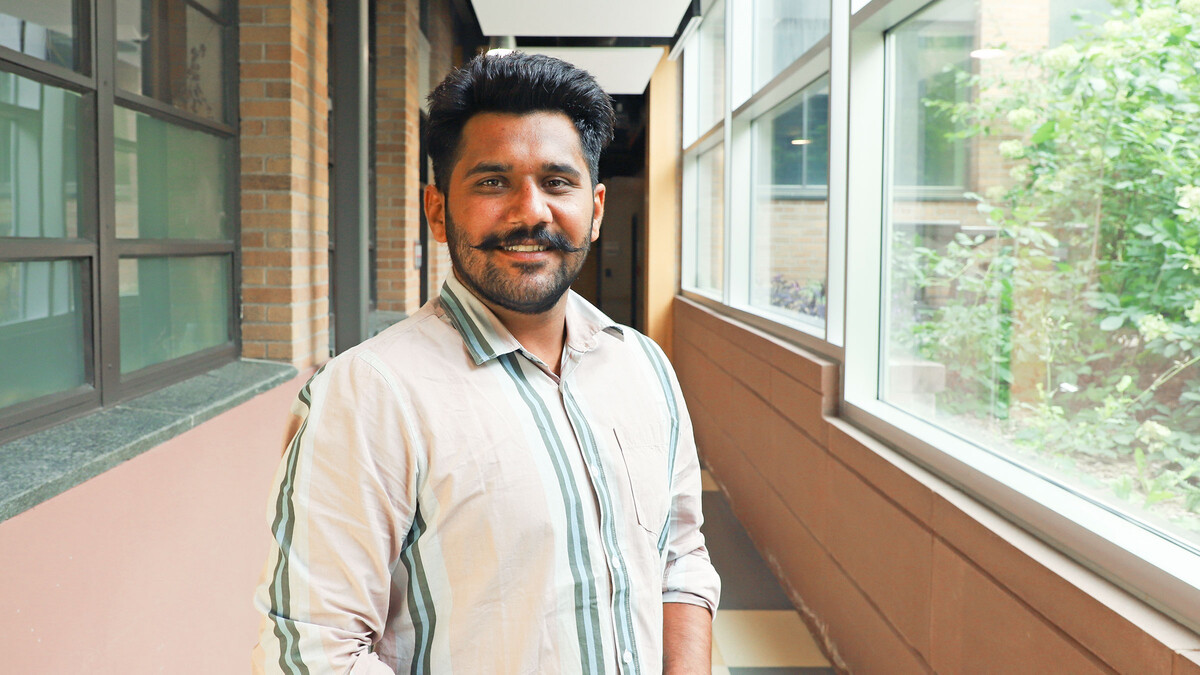
Ying Xu, a professor of bioinformatics and computational biology, will present a cancer systems biology seminar at 11:30 a.m. May 5 in Morrison Hall, Room 169. The lecture, “Elucidation of Drivers of Cancer Initiation and Progression by Treating Cancer as an Evolving System in a Highly Stressful Micro-environment,” is free and open to the public.
Xu will take an alternative perspective on tackling cancer by applying the general principle of Charles Darwin’s theory of evolution when studying cancer initiation and progression, which can be summarized as: organisms evolve to adapt to or overcome stresses induced by changes in their living environments, through selecting certain genomic mutations.
He posits that sporadic cancers follow the same principle, and he is trying to understand what stresses have been induced in the living microenvironments of the affected cells, which are ultimately responsible for the formation, as well as the clinical characteristics, such as rapid vs. slow growth, easy vs. hard to spread and large tumor vs. diffused tiny tumors of a cancer.
In his theory of cancer, genomic mutations are facilitators of cancer evolution while true drivers come from stresses induced by changes in the local tissues, including certain types of chronic inflammation, gradual accumulation of free radicals and some autoimmune responses.
Xu hopes to address a series of very challenging cancer questions. His team has proposed a number of driver models for cancer initiation and post-metastatic explosive growth of cancer.







